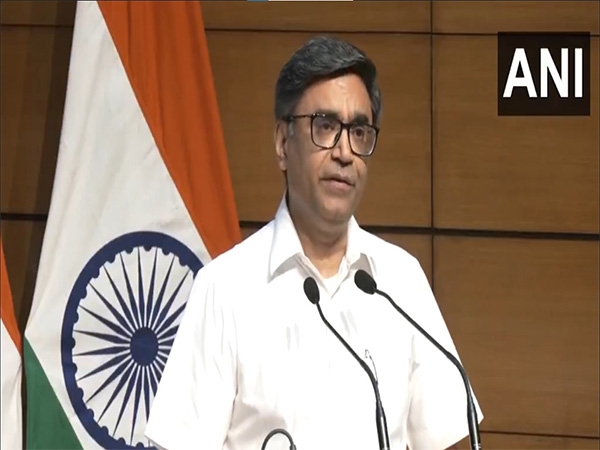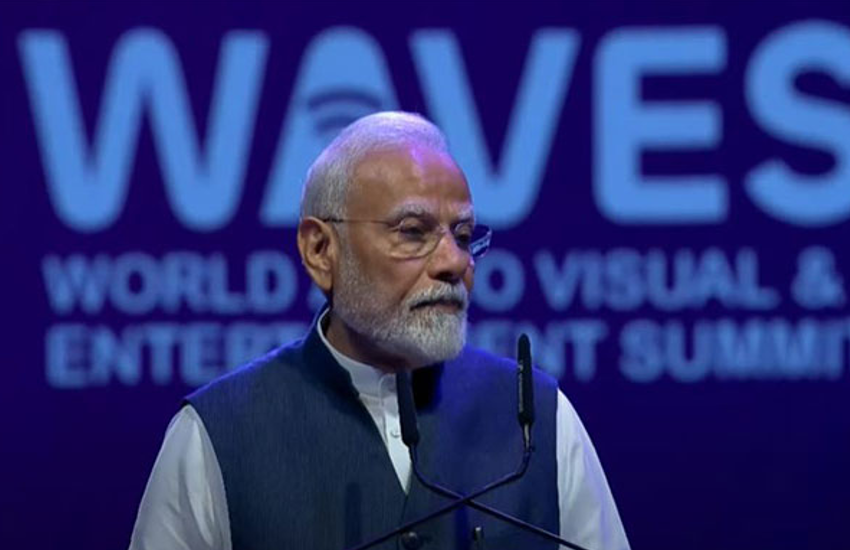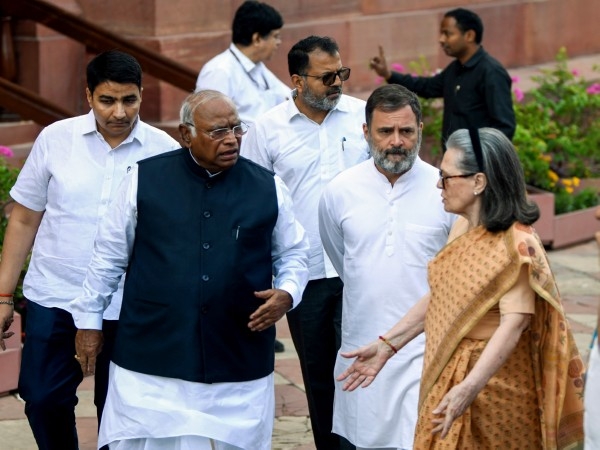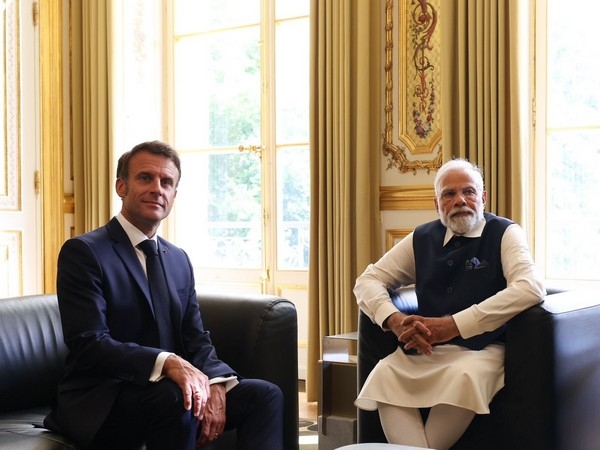
"I have no regrets", was Muhammad Waseem's unflinching declaration, as he addressed a press conference while in police custody on 17 July.
Waseem was apprehended by Pakistani police after the cold blooded murder of his sister, Pakistani model and social media celebrity Fauzia Azeem, better known as Qandeel Baloch - a murder he had committed in the name of 'honour'.
"Now everybody will remember me with honour", said the man who faces murder charges.
The narrative that a woman unabashed about her sexuality, shameless in her social media presence, deserves to be silenced and even killed seems to resonate with thousands.
Qandeel Baloch had been at the receiving end of a barrage of threats and harassment on social media. The trend refused to subside even in her death.
Many lauded the killing, reiterating her brother's comments that she had "brought dishonour to Pakistan". A startling number of people took to social media to proclaim that Qandeel deserved to die because she had dared to throw caution to the winds and refused to heed the norms that society has set for women.
"Girls are born only to stay at home and to bring honour to the family by following family traditions, but Qandeel never did that," her brother said, justifying the fact that she was strangled to death only because she dared to defy.
Dubbed as Pakistan's Kim Kardashian, and a feminist in her own right, Qandeel seldom shied away from doing her own thing. The custodians of honour and patriarchy however, deemed this behaviour to be unbecoming of a woman.
She was no stranger to receiving death threats in response to the videos that she regularly uploaded on social media. Along with vitriolic comments laden with misogyny, she was relentlessly bombarded with hate for being a disgrace to her community. "As women we must stand up for ourselves. As women, we must stand up for each other," is what she had to say in response to her haters.
Weeks before her murder, however, Qandeel had notified the Interior Minister and Senior Superintendent of Police in Islamabad about the threatening calls she had been receiving, and had requested security.
Unable to curb her indomitable spirit on social media and discomfited with her sense of self, Qandeel's brother Waseem strangled her to death on 16 July with the intention of preserving 'honour', silencing her voice once and for all.
It is alarming to say the least, that we inhabit a society where a man whose hands are stained in the blood of his sibling is considered more honourable than a woman who does as she pleases.








![BJP's Kapil Mishra recreates Shankar Mahadevan’s ‘Breathless’ song to highlight Delhi pollution [WATCH] BJP's Kapil Mishra recreates Shankar Mahadevan’s ‘Breathless’ song to highlight Delhi pollution [WATCH]](https://images.catchnews.com/upload/2022/11/03/kapil-mishra_240884_300x172.png)

![Anupam Kher shares pictures of his toned body on 67th birthday [MUST SEE] Anupam Kher shares pictures of his toned body on 67th birthday [MUST SEE]](https://images.catchnews.com/upload/2022/03/07/Anupam_kher_231145_300x172.jpg)






